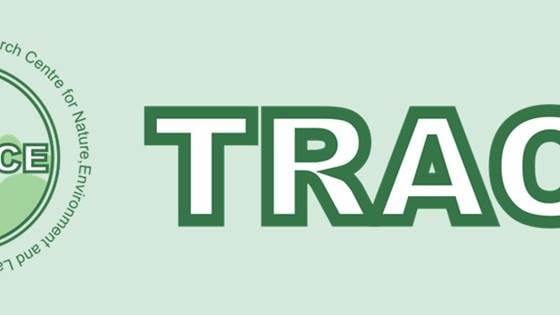
TRACE - Transport Research Centre for Nature, Environment and Land Use
TRACE develops knowledge and methods for the sustainable development of the transport sector.

TRACE develops knowledge and methods for the sustainable development of the transport sector.
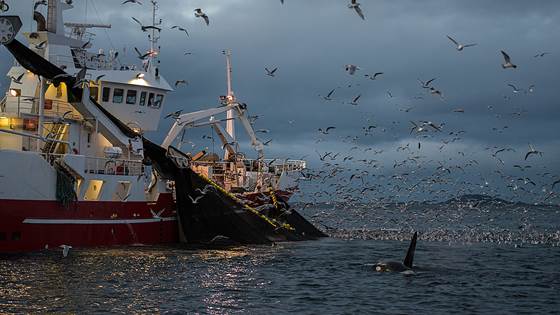
In MarineGuardian, the goal is to develop more sustainable fishing practices by promoting innovative fishing gear and technologies.
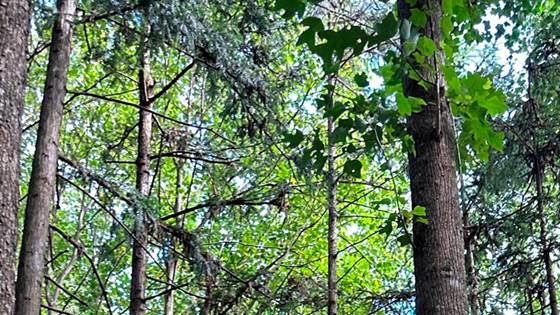
BioClima project is a groundbreaking joint EU-China collaboration initiative that enhances how we monitor biodiversity and climate change by combining artificial intelligence with ground-based and satellite data.
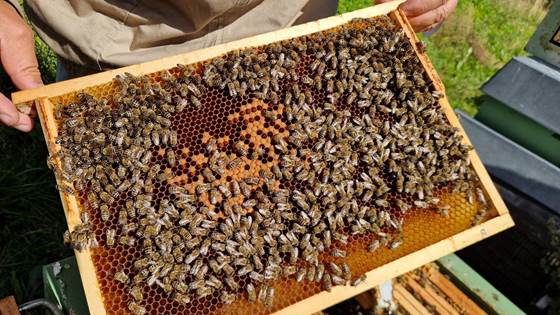
Beefutures, SINTEF and NINA are joining forces to gain insight into bee decline and environmental stressors impacting ecosystem health and biodiversity.

Land use and planning for infrastructure and nature
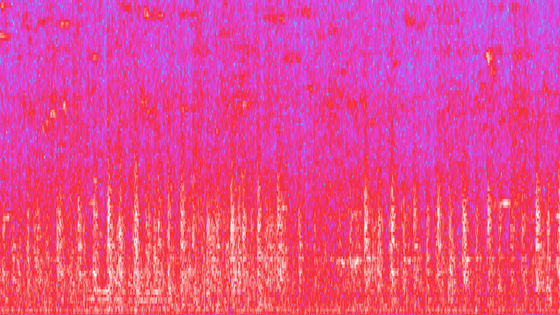
Norsonic AS, SINTEF and NINA are launching a new project aimed at advancing AI’s ability to understand and recognize of sound. The project is called ROaR (Robust Acoustic Recognition) and is funded by Norsonic AS and the Research Council of Norway.
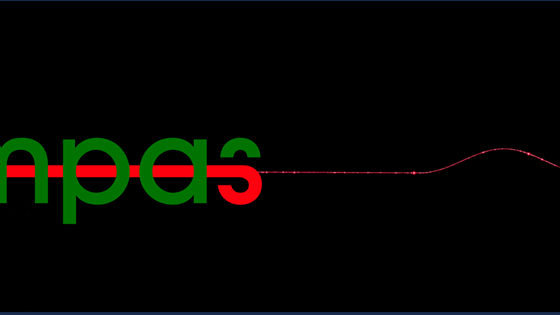
The main objective of COMPAS is to develop a compact, inexpensive, and ultrasensitive PIC sensing platform (PSP) for air and water monitoring, relying on the co-integration of light source, detectors, and electronic IC for on-chip signal processing.
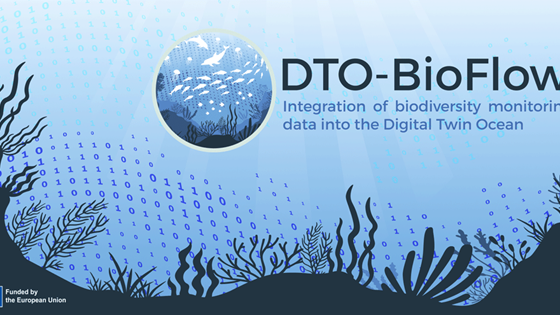
Building the biodiversity component of the Digital Twin of the Ocean
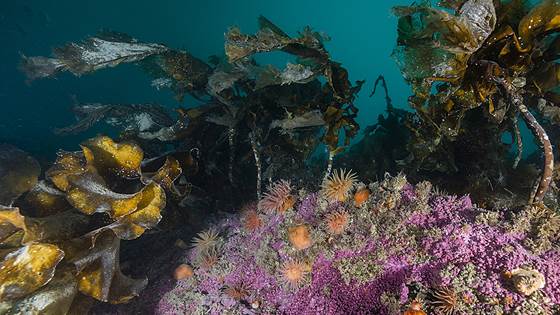
The collaborative project AMBIOS aims to develop the world's first fully autonomous platform for multi-layer mapping of biodiversity in the marine space and validate it on selected use cases in Mid-Norway.
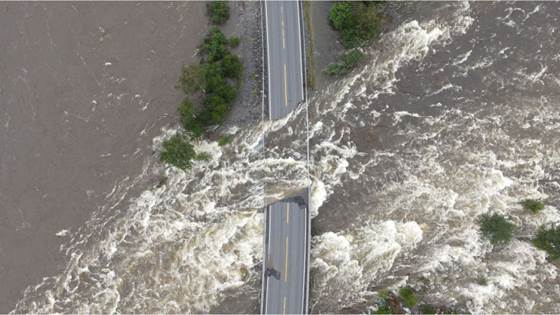
Precipitation and temperature will change in future climates, presenting new challenges and opportunities for Norwegian hydropower. We anticipate an increase in the frequency, duration, and severity of extreme events such as floods, droughts, and...
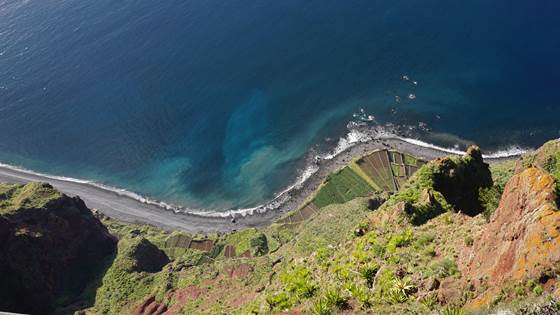
CLIMAREST is an EU-funded research project consisting of 18 partners from along the length of the European coastline. The project belongs to the EU Mission Restore our Ocean and Waters, and is a member of the Lighthouse for the Arctic and Atlantic...
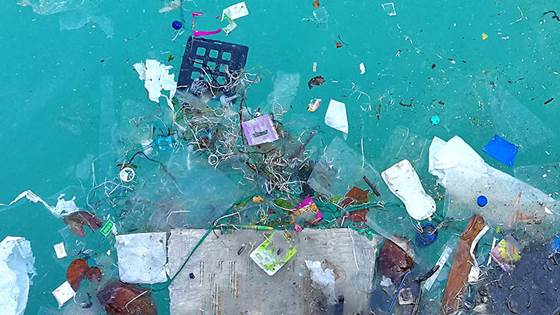
The EU funded project Source to Seas - Zero Pollution 2030 seeks to guide the process towards Achieving Zero Pollution in European Seas
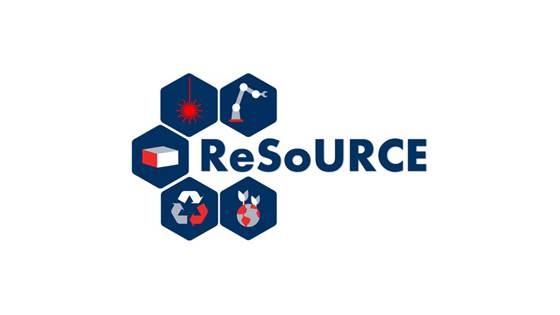
Extractive industries, including refractory raw material production, are responsible for a significant part of the world’s carbon emissions and has a strong impact on the loss of biodiversity. Establishing a circular economy and developing an...
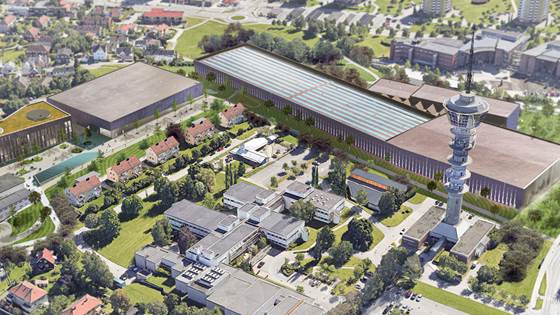
The centre will become the national knowledge centre for ocean space technology. The purpose of The Norwegian Ocean Technology Centre is to secure Norway’s position as a leading ocean nation and contribute to the green shift in Norwegian ocean...
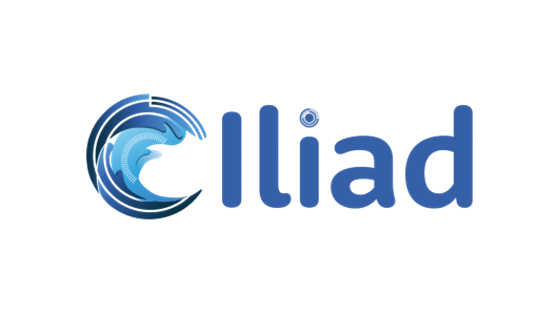
Iliad aspires to create interoperable, data-intensive, and cost-effective Digital Twins of the Ocean.
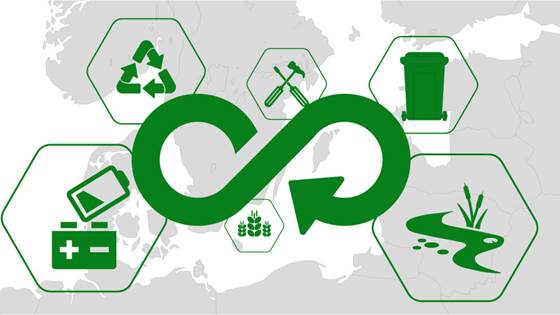
Territorial and regional demonstrations of systemic solutions of key value chains and their replication to deploy circular economy
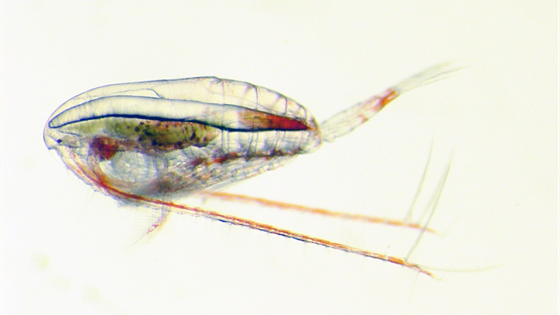
The main goal of the CalaFeed project is to enhance the potential of Calanus as an aquafeed ingredient. The zooplankton Calanus finmarchicus, also known as red feed, is a natural resource widely available in Norwegian waters, that has the potential...
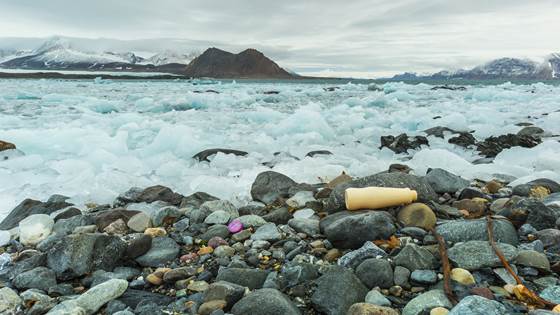
The main objective of GOMPLAR is to describe, compare and analyze two regional international regulatory and governance frameworks addressing marine plastic litter in order to draw conclusions for possible solutions in the Arctic, seeking synergies...